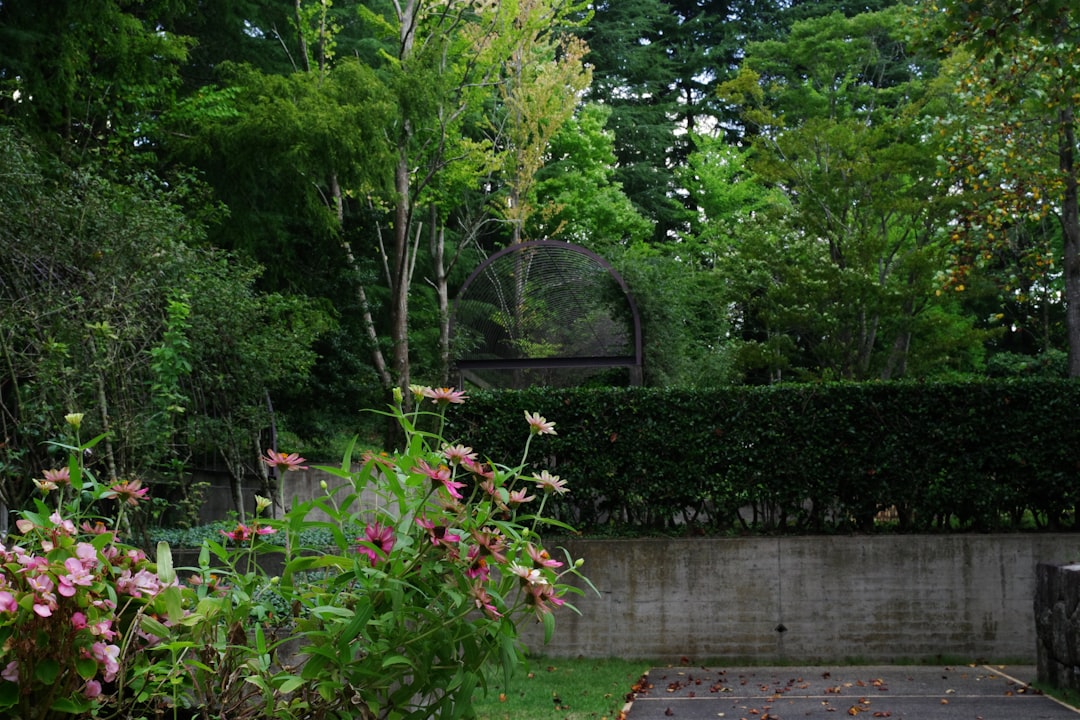The Secret of Organic Gardening: A Natural Approach

Organic gardening is a rewarding and sustainable way to grow plants. It allows you to connect with nature while producing healthy, chemical - free produce. In this article, we will explore the ins and outs of organic gardening and how you can say goodbye to fertilizers and pesticides.
First and foremost, understanding the soil is crucial in organic gardening. Healthy soil is the foundation of a thriving garden. Unlike traditional gardening, where synthetic fertilizers are often used to boost soil fertility, organic gardening focuses on building and maintaining the natural balance of the soil. You can start by adding organic matter such as compost, manure, and leaf mold to your soil. Compost is a rich source of nutrients and beneficial microorganisms. It helps improve soil structure, making it more porous and better able to hold water and nutrients. Manure, when properly aged, can also add valuable nutrients to the soil. Leaf mold, on the other hand, is a great way to recycle fallen leaves and add organic matter to the soil.
Another important aspect of organic gardening is companion planting. This is the practice of planting different types of plants together for mutual benefit. For example, some plants can repel pests, while others can attract beneficial insects. Marigolds, for instance, are known to repel nematodes, a type of soil - dwelling pest. Planting marigolds around your vegetables can help protect them from these pests. Additionally, herbs like basil and mint can attract pollinators and beneficial insects, which can help with the growth and reproduction of your plants.
Weeds can be a nuisance in any garden, but in organic gardening, you need to find natural ways to control them. One effective method is mulching. Mulch is a layer of material, such as straw, wood chips, or shredded leaves, that is placed on the soil surface. It helps suppress weed growth by blocking sunlight and preventing weed seeds from germinating. Mulch also helps retain soil moisture, which is beneficial for your plants. Another way to control weeds is by hand - pulling them. While this can be time - consuming, it is a chemical - free way to keep your garden weed - free.
When it comes to pest control in organic gardening, there are several natural methods you can use. One of the most common is using insecticidal soaps and oils. These are made from natural ingredients and can be effective in controlling pests such as aphids, mites, and whiteflies. You can also introduce beneficial insects into your garden. Ladybugs, for example, are natural predators of aphids. By releasing ladybugs in your garden, you can help keep aphid populations in check. Another option is to use physical barriers, such as row covers, to protect your plants from pests.
Watering is also an important part of organic gardening. It is best to water your plants deeply and infrequently. This encourages the roots to grow deeper into the soil, making your plants more drought - tolerant. You can use a soaker hose or drip irrigation system to water your plants directly at the base, which helps reduce water waste. Additionally, collecting rainwater is a great way to water your garden organically. You can use rain barrels to collect rainwater and use it to water your plants.
Finally, organic gardening requires patience and observation. You need to pay attention to the needs of your plants and the changes in your garden environment. By using natural and organic methods, you can create a beautiful and sustainable garden that is free from harmful chemicals. Whether you are growing vegetables, flowers, or herbs, organic gardening offers a way to grow plants in harmony with nature.
In conclusion, organic gardening is a wonderful way to grow plants naturally and organically. By focusing on soil health, companion planting, natural pest control, and proper watering, you can create a thriving garden without the use of fertilizers and pesticides. So, roll up your sleeves, get your hands dirty, and start your organic gardening journey today!